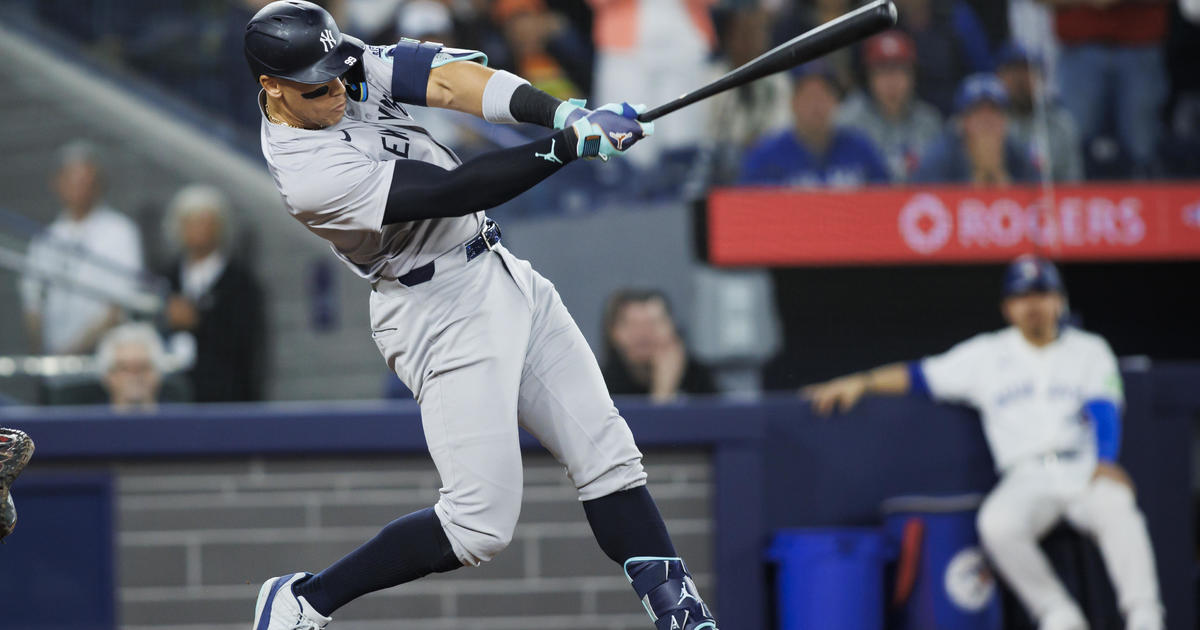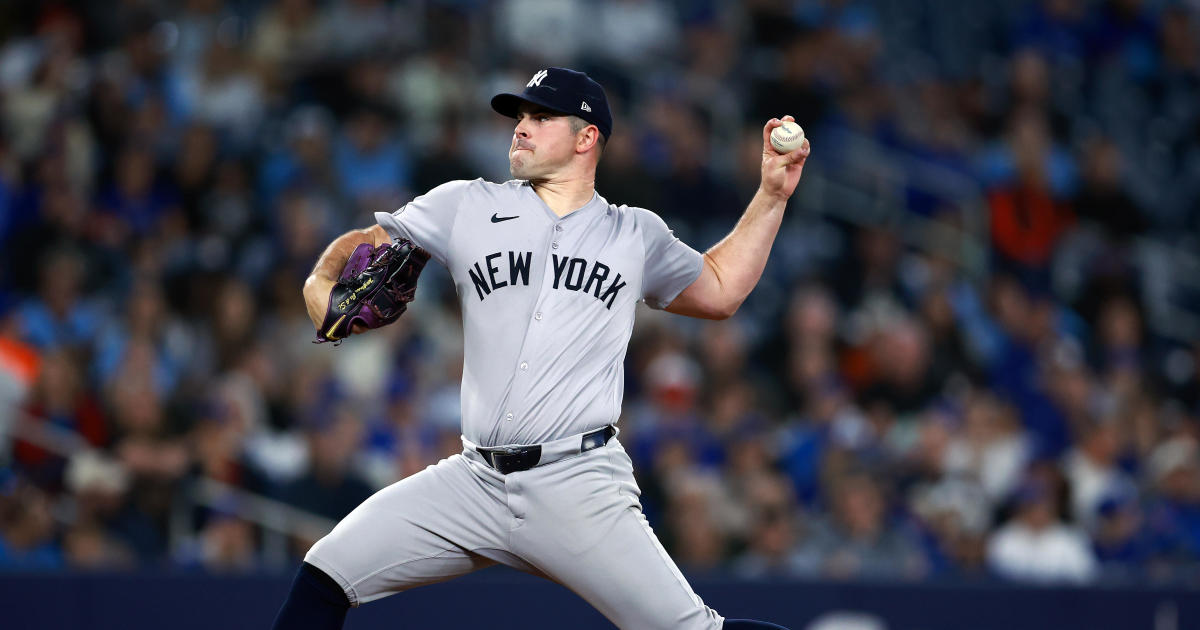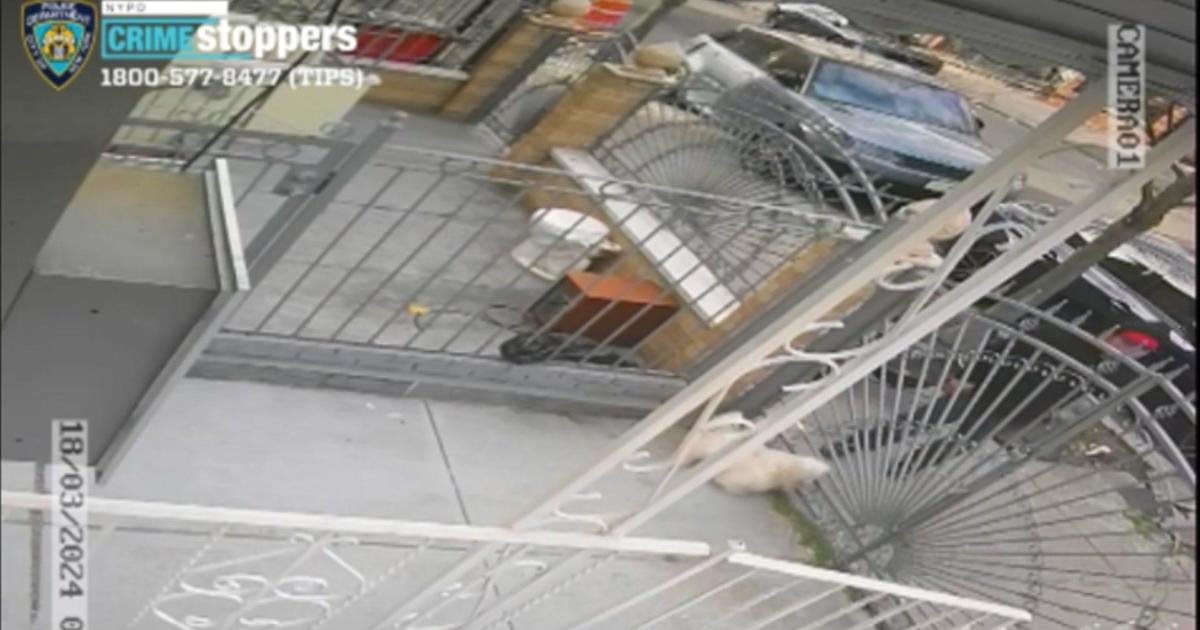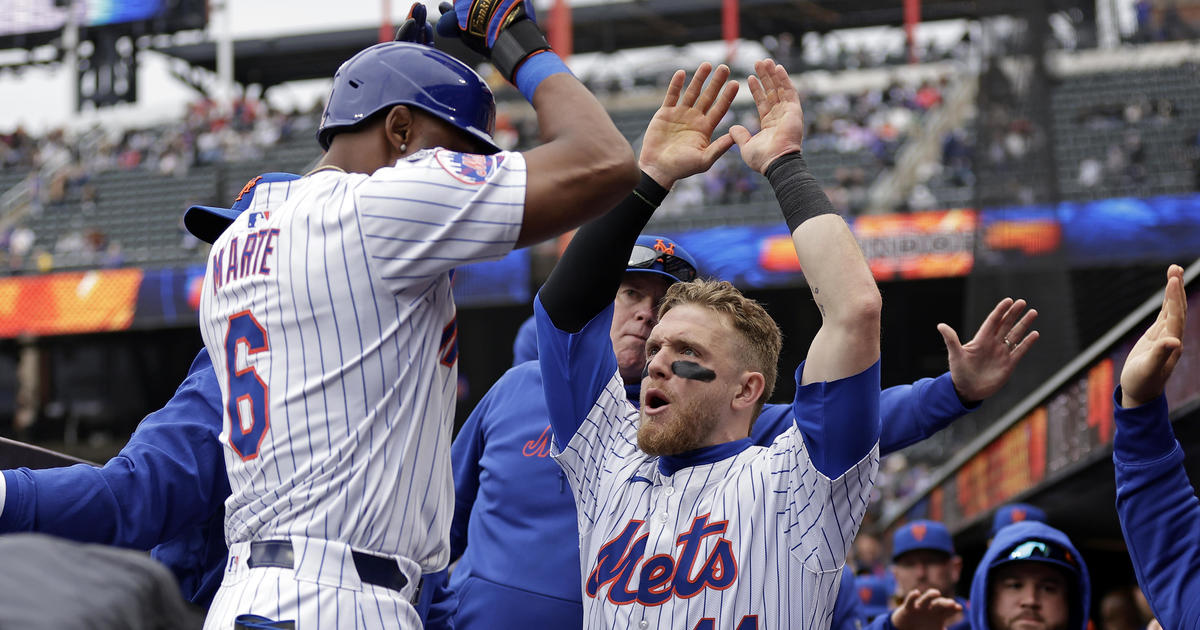Palladino: Home-Plate Collision And Replay Confusion Hurts Baseball
By Ernie Palladino
» More Ernie Palladino Columns
Blocking the plate used to be an "at your own risk" proposition for a catcher. Major League Baseball is trying to change that.
Unfortunately, as we saw in Saturday's 4-0 Yankees loss to the Blue Jays, it's not going to be so easy, even with this year's expansion of the replay system.
One can only be thankful that Saturday's ruling was not a game-decider. When Francisco Cervelli was deemed out despite Toronto catcher Josh Thole standing in the base path before he received Colby Rasmus' throw home, it not only brought criticism down on the ambiguity surrounding the new collision rule, but also on the efficiency of the replay system.
The play in question unfolded in a manner so common that in another year, no one would have thought twice about it. Thole, as many catchers would, straddled the plate as he awaited Rasmus' throw from center off Jacoby Ellsbury's third-inning single. It seemed innocuous enough, but that's not really supposed to happen under the new rule.
The problem is, the rule doesn't state exactly where the catcher is supposed to position himself before the ball gets to him. A foot in back of the plate? Seven feet off between the plate and the pitcher? Center field? Where?
At any rate, Cervelli slid, as the rule says the runner must, and was duly tagged out. Joe Girardi asked for a replay on the grounds that Cervelli didn't have a clear path to the plate.
And Thole waited, confused. He had played the situation as he would have in any other year, simply because the rule is so ambiguous that it appears judgment will come on a case-by-case basis.
"I don't even understand the rule, to be honest," said Thole, who in spring training admitted that plate-blocking and its resulting collisions will remain part of the game even as baseball tries to make the game safer. "The ball kind of took me up the line. I just went for the ball. I wasn't even really aware that I even gave him the lane to slide; I was just going to catch the ball."
MLB apparently saw it Thole's way, as the review came back from replay headquarters confirming the plate ump's original "out" call. The extra set of eyes determined that Thole had left Cervelli a sufficient enough path to the plate.
This is all quite confusing, between an unclear rule and a replay that could change a game or, worse, alter the nature of the game. Plays at the plate are generally bang-bang. And catchers and runners both have the right to go after the plate. Unless there is a question of safe or out -- Girardi maintained that one angle showed Cervelli was safe, anyway -- replay should not enter into the collision rule. That part of it should be left to the umpire's discretion. And the ump should never rule against either party unless he judges a movement as a malicious intention to injure.
Then, he should throw out the offending party, no questions asked.
Outside of those conditions, let them play.
"I don't care what the replay shows," said Toronto manager John Gibbons, a former Mets catcher. "If he's called safe when he's clearly out, then you're screwing with the game of baseball."
Thankfully for baseball's sake, the play happened early. Given the way the Yanks are hitting these days, it might not have changed the game's outcome all that much. But eventually something like this is going to happen in the ninth inning of a tie game; when both runner and catcher will gladly give up a limb for the sake of scoring or preventing a winning run, when a swipe tag and a hook slide simply won't do.
As early as it is in the season, it's time to lighten up on the collision rule. Let the umpires use their good judgment as far as positioning. And never, ever send it to replay unless the end result at the plate -- safe or out -- is in question.
You May Also Be Interested In These Stories



